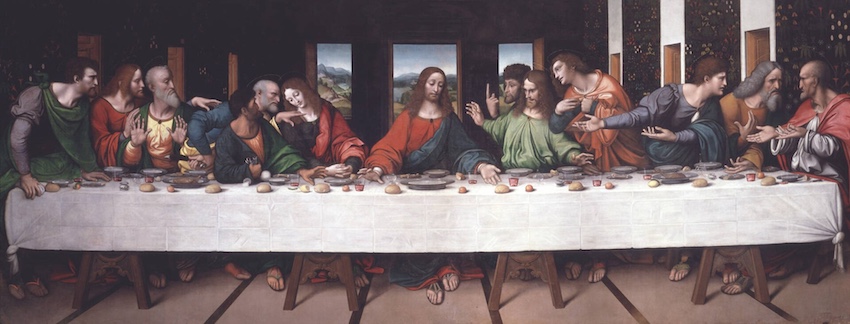The fundamental basis of Christian faith is simply stated in three words: “God became man.” The overwhelming emphasis on the teachings, miracles, Passion, and Resurrection of Jesus by the Catholic Church, indeed by virtually all the Christian churches, has left the actual “man” God became a vague shadow. Into this void have moved authors making claims about the human Jesus driven by radical religious, atheist, and/or anti-religious agendas. By example, there was The Jesus Seminar where Jesus became an illiterate, itinerant, round-faced peasant preacher; the Dan Brown series of novels where Jesus had a line of descendants through Mary Magdalene protected by a secret Church society; Gary Will’s What Jesus Meant in which Jesus was a fugitive peasant heavily influenced by the Essenes; and more recently, Reza Aslan’s Zealot: The Life and Times of Jesus of Nazareth in which Jesus was a disciple of John the Baptist turned proto-zealot. Of these, Aslan’s Zealot is an outright denial of Jesus’ divinity, Brown’s novels are rightly viewed as an attack on the Catholic Church, The Jesus Seminar has been blasted by theologians such as Donald Senior and Luke Timothy Johnson as amounting to an attack on the New Testament (NT) disguised as a scholarly work, and Will’s What Jesus Meant has virtually no consistent relationship to the NT text. In every case, explanations and assumptions are drawn from outside the NT text, and often contradict or edit applicable passages, and challenge the sense of other passages. While the original publications have receded into the background of our collective memory, they still form the basis for every current attack on the New Testament and our faith.
The Man God Became
Category: Religion

Great essay!